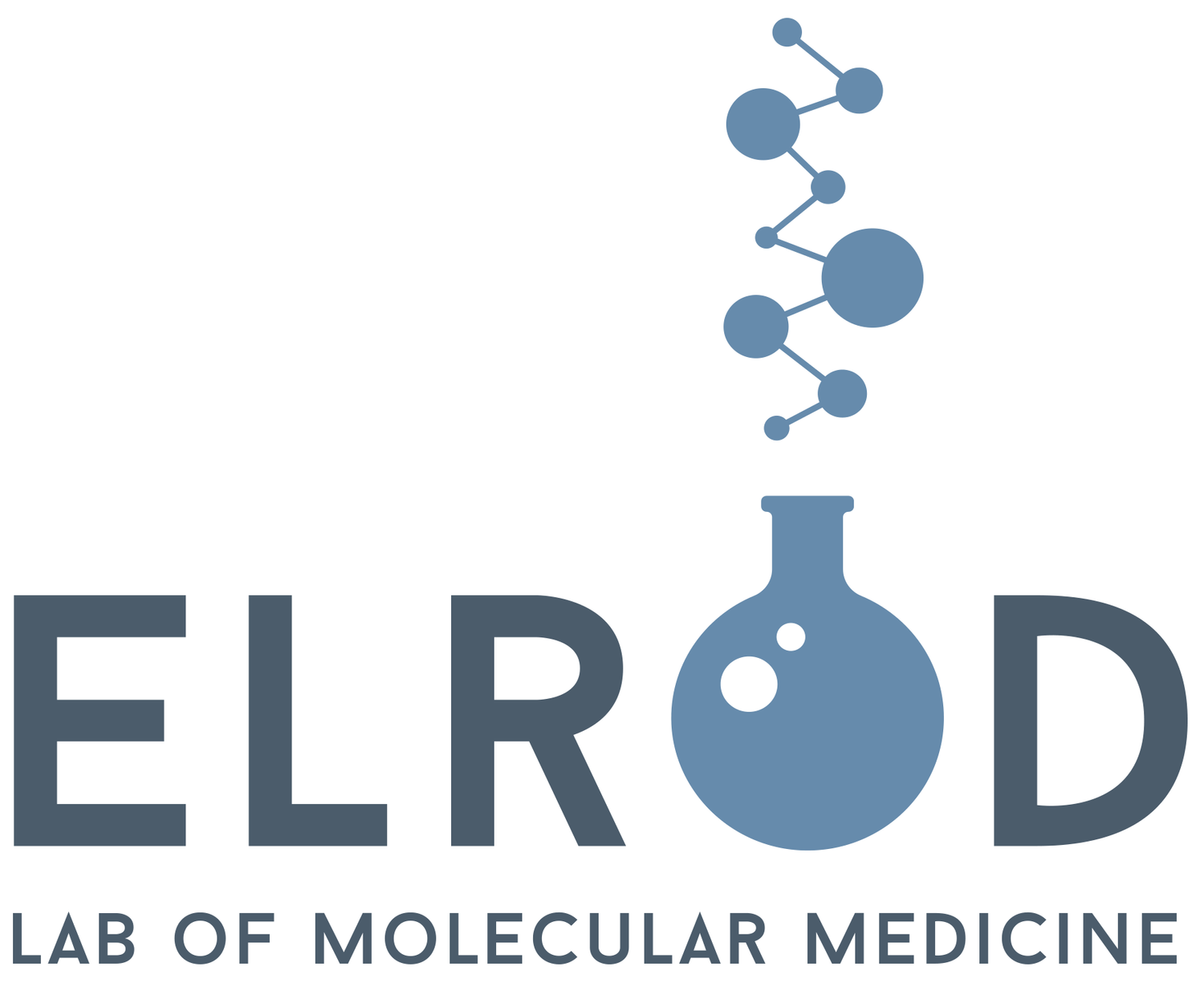ISCHEMIA-REPERFUSION INJURY
Ischemia-Reperfusion (IR) injury is incurred when when blood flow to a tissue is blocked and then restored. This is a multifaceted process with significant tissue damage resulting from the lack of oxygen and nutrients and also the oxidative burst that occurs with the rapid restoration of blood flow. The most well characterized types of IR injury are myocardial infarction (coronary blockage) and stroke (blocking blood flow to regions of the brain). One of our primary areas of investigation is to uncover new mechanisms for how this type of injury progresses and discover new therapies to aid cell survival and preserve cardiac function in the setting of a heart attack.

